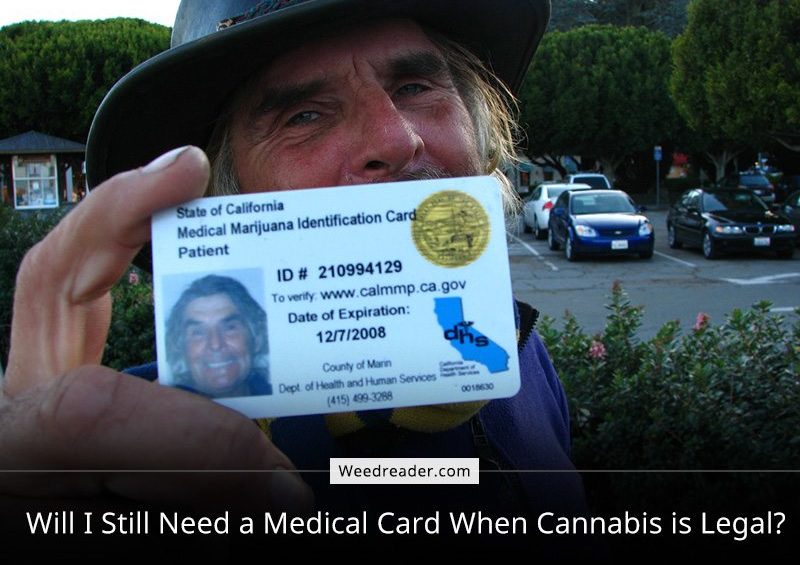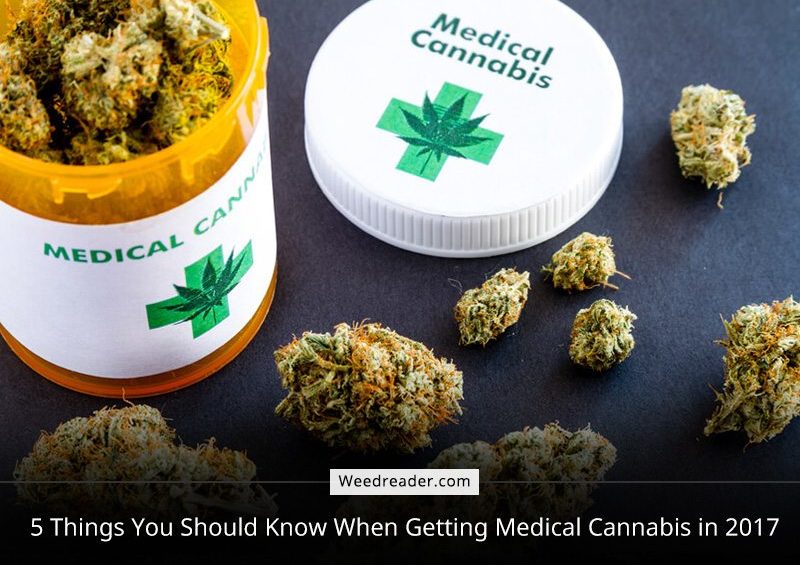In a word, “No”. You no longer need a medical marijuana card in order to possess cannabis, as long as you’re not breaking the law in terms of amounts you’re allowed to carry. On November 8, 2016, Proposition 64 – also known as the Adult Use of Marijuana Act – was voted through. Of course, as there are no recreational dispensaries open yet, recreational users don’t have a place they can buy marijuana from as of yet.
From then on, adults over the age of 21 can possess, process, purchase, transport, obtain or give away up to one ounce of dried cannabis bud or flower and up to eight grams of cannabis concentrate. Should you be over 21, you can also grow up to six live plants for your own personal use, as long as you’re in a private residence and keep the cannabis in a locked area out of public view.
Now, you may be asking, “Why do I need a medical marijuana card?” Well, here’s five good, simple reasons why:
1. Tax
Recreational marijuana will have a 15% excise tax – something that those with a valid medical marijuana card will not have to pay. This means lots of money saved.
2. Access to More Dispensaries and a Better Choice of Products
With a medical card, you can go to any dispensary of your choice. Do you prefer one that’s a bit more lively and full of activities, or perhaps somewhere a bit more sedate and relaxed, where polite conversation and board games are more the norm? With a valid MMJ card, you can have that.
Moreover, not only do you get access to medical dispensaries, you get access to all their great products. Lab-tested cannabis flowers, high-quality concentrates made using safe methods, transdermal patches, a better choice of edibles, topical creams, all sorts of oils and the like … The list is endless. Also, you are less likely to have arbitrary restrictions on the amount of cannabis or cannabis-infused products you can buy. Recreational users are very likely to have far more restrictions placed on what and how much they can buy. Having a MMJ card gives you better choice.
3. It Gets Cheaper Still …
Dispensaries often have special deals for medical marijuana patients. Happy hours, specials on holiday periods, giveaway packs, different daily promotions, cheaper wholesale prices (ounces are often cheaper for medical marijuana patients). This means you will likely save a lot more money than just the 15% tax.
4. You Can Grow Lots More
Recreational patients can grow a maximum of six plants. Medical marijuana patients can grow up to ninety-nine, although your doctor may recommend an amount to grow. Those using marijuana for medical purposes may need more than what six plants provide in terms of weight, or may need more than six different strains for different problems to do with their condition/s. Plus, being able to grow only six plants potentially means time and energy lost should one or more plants die.
5. Better Protection from the Law?
States with a medical marijuana programme have a lot more precedence in the law with regards to legal protection, e.g.The Medical Marijuana Patient Protection Act of 2008 and Personal Use of Marijuana by Responsible Adults Act of 2008.
Frankly (pun semi-intended), I don’t see why people – especially sick people who may benefit from medical marijuana – don’t get a medical marijuana card, especially if it could potentially save them from much harsher, highly addictive prescribed medications. If that’s got you thinking get in touch with me today and apply for your MMJ card online.






